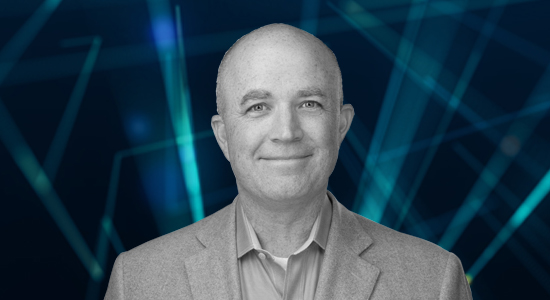
Spring Lane Capital, led by ex-Black Coral Capital principals, completed fundraising for a second sustainability-focused offering.
Spring Lane Capital Fund II, launched in 2021, brought in $290 million in a final closing in June, just shy of the vehicle’s $300 million target, partner Rob Day told Buyouts.
As an emerging manager, Spring Lane met barriers to raising capital in an environment characterized by tough supply conditions. The experience, however, was more about “headwinds and tailwinds at the same time,” Day said.
The tailwinds were created by strong LP demand for climate and energy transition products, one of the few private equity strategies that have had some momentum in a slow fundraising market. “We didn’t have any trouble getting the attention of LPs,” Day said. “They were very eager to talk with us.”
The challenge in securing commitments, he said, was large institutions indisposed to writing small checks. Among those that did was San Francisco Employees’ Retirement System, which pledged $33 million to Fund II.
Spring Lane was founded in 2017 by Day, managing partner Christian Zabbal and partner Nikhil Garg, all veterans of Black Coral, a family office specializing in cleantech and renewables. A debut fund was closed in 2019 at $157 million.
The trio set up the firm, Day said, to address the “missing middle” of energy transition investing: financing of proven, cash-generating sustainability solutions in the early phases of commercialization.
Essentially, Spring Lane is a growth equity shop with a project finance component. It offers hybrid capital to small-scale systems and projects across energy, food, water, waste and transportation sectors that are developing new forms of energy transition infrastructure. It also provides growth capital, together with operational support, to build out parent companies.
Targets include everything from a former venture capital-backed tech startup to the division of a major Fortune 100 business.
The goal is to establish “institutional-grade project developers” attractive to “mainstream institutional capital,” such as infrastructure and pension funds, Day said. “There are not a lot of people doing what we do. There is not nearly enough diversification of investment models and expertise. We need more than just us.”
Doing deals
Fund II is about one-third invested, having closed four deals. The latest is this year’s $56 million debt-and-equity commitment to Argo, an agricultural waste-to-value platform. It followed a similar $31 million commitment to Spring Free EV, a fintech company geared to the adoption of electric vehicles.
In 2022, Spring Lane joined Equitix and BDC Capital in a C$270 million financing of Andion, a waste-to-energy solutions provider. It also teamed up with Abdo Partners and Copulos in a $69 million financing of EVCS, an electric vehicle charging network operator.
In addition, last year saw the announcement of Spring Lane’s first exit. Atlas Organics, a recycling platform backed in 2019, was acquired by Generate Capital.
The capital needs of targets are “important and small,” Day said, ranging from $20 million to $60 million. When large checks are required, Spring Lane turns to co-investors, including OMERS Infrastructure, which last fall agreed to jointly invest in North American deals.
Spring Lane, which manages assets of $447 million, is run by team of 17 professionals from offices in Boston and Montreal.
The team’s newest member is Jason Scott, a senior adviser to Renewable Resource Group, who came onboard in January as an entrepreneur in residence.


 If you do not receive this within five minutes, please try and sign in again. If the problem persists, please
email:
If you do not receive this within five minutes, please try and sign in again. If the problem persists, please
email: